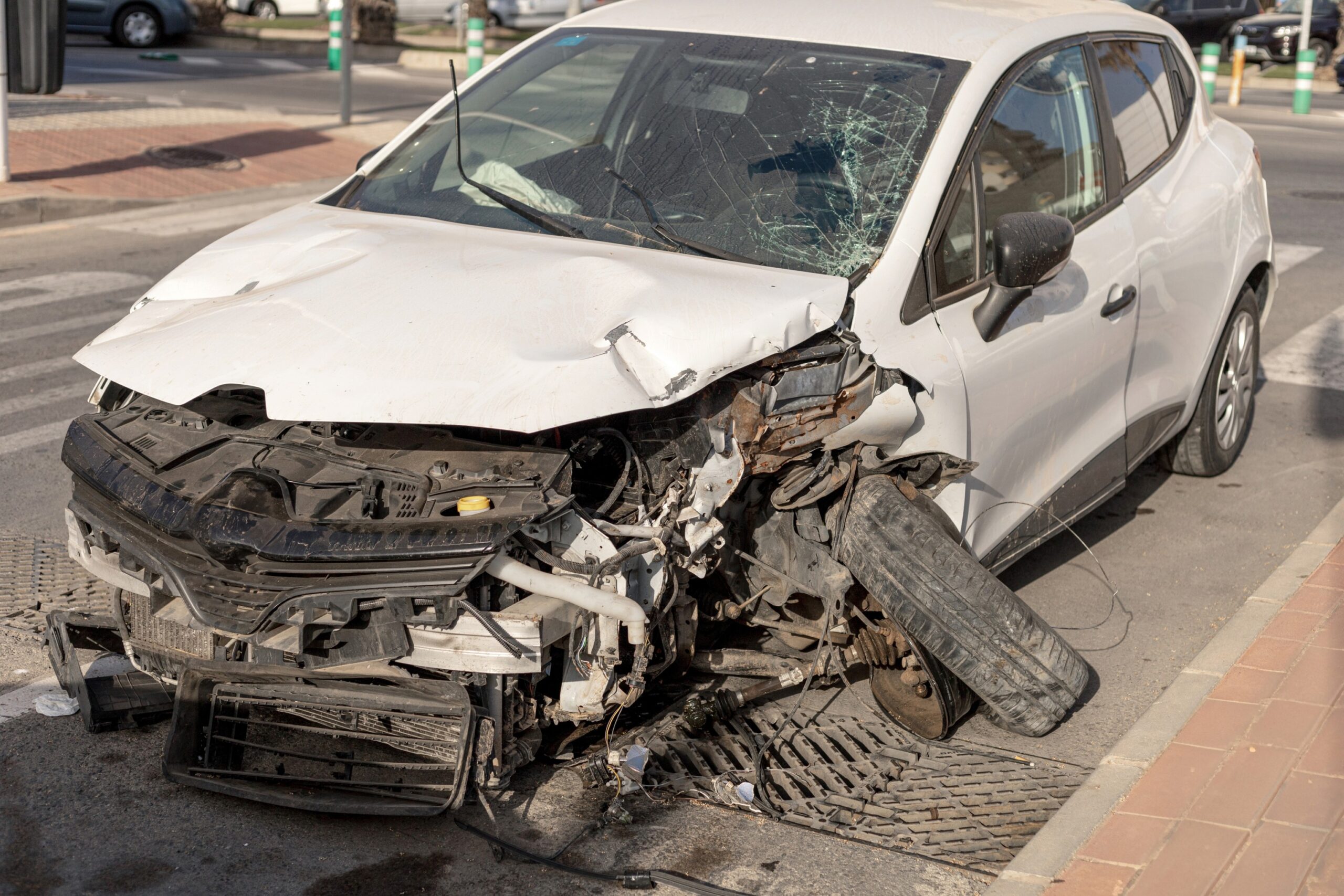When you get behind the wheel of your vehicle, the last thing on your mind…
What To Do if You Get Injured Driving on the Job – Guest Post

For many of us, driving is a way of life. Most Americans drive everywhere such as to and from work, family events, and fun activities. Across the country, thousands of people drive daily as part of their job as well.
Driving for work comes in all forms. Some people make their living behind the wheel, driving across the country to deliver goods and services. An even greater number of people make all sorts of smaller work trips such as driving service trucks to and from work sites or traveling to attend various meetings.
All of this driving adds up to some serious time behind the wheel. Unfortunately, sooner or later, it means that there is a likelihood of an accident happening. Being involved in a vehicle accident is serious enough, but being involved in an accident while in a work vehicle adds another layer of complication and challenge into the mix. If you are involved in a work vehicle accident, and especially if you’re injured, there are a few things you need to know.
Getting Healthcare
If you are injured in a work-related vehicle accident, the first thing to do is make sure you don’t need additional medical treatment. Avoiding treatment because you are unsure of the workplace policy can lead to numerous long-term health issues that could be avoidable. No situation is worth sacrificing your health over.
In fact, depending upon your employer’s workman’s compensation package, getting timely medical attention may be critical to claiming the benefits. Unreported injuries that get worse over the following couple of months may be harder to report and tie directly to the accident at a later date. The same can be true of any mental traumas resulting from the accident; the sooner they are acknowledged and reported the better.
It can also be valuable to know if there are any stipulations in your employer’s compensation package that require you to seek non-emergency healthcare from a certain source. Some may require specific providers to be used. Finding the right provider and seeking out healthcare can be especially challenging if you are traveling long distances for work.
Determining Liability
As with any other accident, it is important to work with the authorities to determine who was liable for the accident. Give a personal account of what you believe happened to cause the accident. Likewise, don’t be afraid to use your phone to take photos of the damage for insurance claims later on.
Obtaining information from the other drivers involved and getting an official report from the authorities will be a critical component of ensuring you’re covered and compensated at your workplace. In general, any injury that happens at work — whether at the workplace or when driving to complete an aspect of your job — means the worker is entitled to workmen’s compensation. There are a few hard and fast rules determining whether or not you are allowed to qualify for workmen’s compensation, but if you are ‘getting paid to drive,’ you should be covered.
Oftentimes, things like your commute to and from work will not be eligible for workman’s compensation. Likewise, things like personal errands during work breaks or traveling to and from activities that are not explicitly for work will generally fall under your own coverage. Some people may believe that if they are in a personal vehicle they are automatically not covered by their employer. However, that can depend upon whether or not your employer requires you to use a personal vehicle or if a company vehicle is available when you’re required to drive.
Working with Your Employer
In many cases, employers and their human resource staff will be helpful in walking you through the process of making a workman’s compensation claim and getting the help you need in the event of a workplace driving accident. The first step is to notify your employer as soon as possible after the accident happens. Provide them with the official report of the accident and make sure to get a deadline from them for filing a worker’s compensation claim.
Worker’s compensation claims can be filed regardless of if the accident was your fault or not. The compensation can help cover the cost of medical bills and may even qualify to have some of your lost wages during recovery.
Unfortunately, however, that doesn’t always mean you’re going to easily get the full benefits you’re entitled to. It can be very complicated to work out the details of your employer’s insurance, which is why it can be beneficial to hire a lawyer if you’re concerned. Sometimes it can take hiring an attorney to get insurance companies to prioritize your claim and take it seriously.
Thousands of vehicle accidents happen every day and many of them involve vehicles that were on official business. If you are unlucky enough to be involved in an accident while driving a work vehicle, it is valuable to know your rights and benefits. Be sure to document the accident, establish liability, and get the treatment you need. Work with your employer to ensure you are filing a worker’s compensation claim to help cover the cost of medical bills and lost wages.

